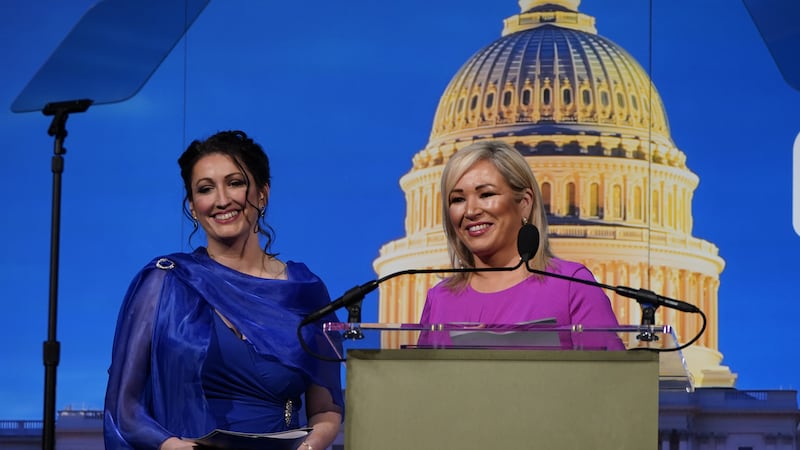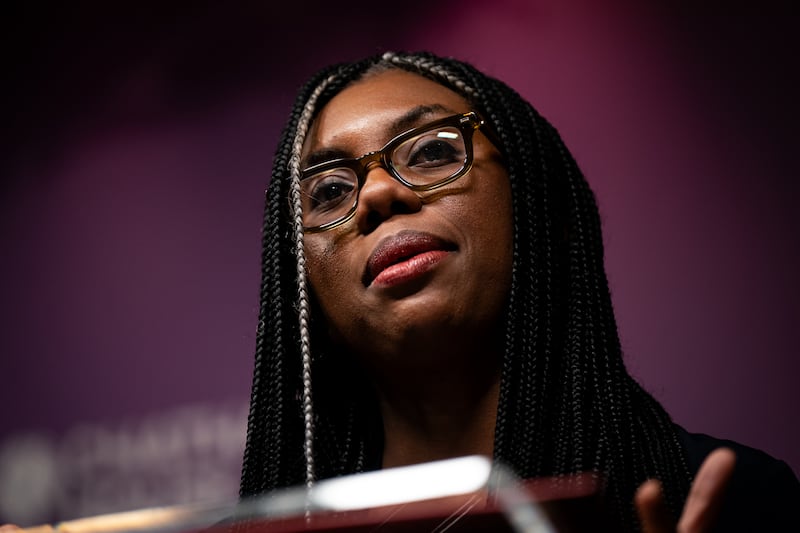FTSE 100 companies will take nearly half a century to meet a Government-backed target to have at least one ethnic minority director on their board, according to a recruitment firm.
Green Park said efforts to get more women in leadership roles are paying dividends, but not for black, Asian and minority ethnic men and women.
It said top firms are currently on course to miss the Government's diversity target to have at least one ethnic minority member on their board by 2021, and that on current rates of progress - with one extra company each year - they will not meet this target until 2066.
Sir John Parker, former chairman of miner Anglo American, conducted a review on boardroom diversity in 2016 and set the 2021 target for blue-chip companies. FTSE 250 companies have until 2024.
Green Park's analysis revealed that half of FTSE 100 firms do not have any non-white directors or executive committee members. Excluding non-executive directors, two-thirds of Britain's companies still have an all-white leadership team.
Female representation on boards has increased, with women now making up more than a quarter of board members, although many of these are in non-executive director roles rather than executive director positions.
Raj Tulsiani, chief executive of Green Park, said: "The corporate pipeline is slowly adding women to the mainstream - but largely still only white women; and the pipeline marked 'black men' remains resolutely empty. As a result, overall progress is stalling, and in practice it may mean that we risk failing to hit the Parker target.
"Whilst most organisations understand the commercial and reputational impact a lack of diversity can bring, now is a crucial time to take pragmatic and sustainable steps to build a strong pipeline of future leaders."
Green Park said if companies are to complete internationally, especially after Britain's departure from the European Union, they need to reflect "modern, multi-ethnic Britain and the emerging markets into which they want to expand".
Trevor Phillips, chairman of Green Park, said: "Whatever happens after Brexit, if our companies are to compete on the world stage for the growing markets in Africa, Asia and the Americas, they cannot go around the world with a leadership that looks like a throwback to the pre-Windrush, colonial era.
"Britain still has to have a serious and courageous conversation about race and ethnicity. At a time when our country needs to show a modern, global face to the world, declining ethnic diversity in our business leadership looks like a spectacular own goal.
"The UK needs fresh thought and innovation if it is to meet the challenges ahead."







